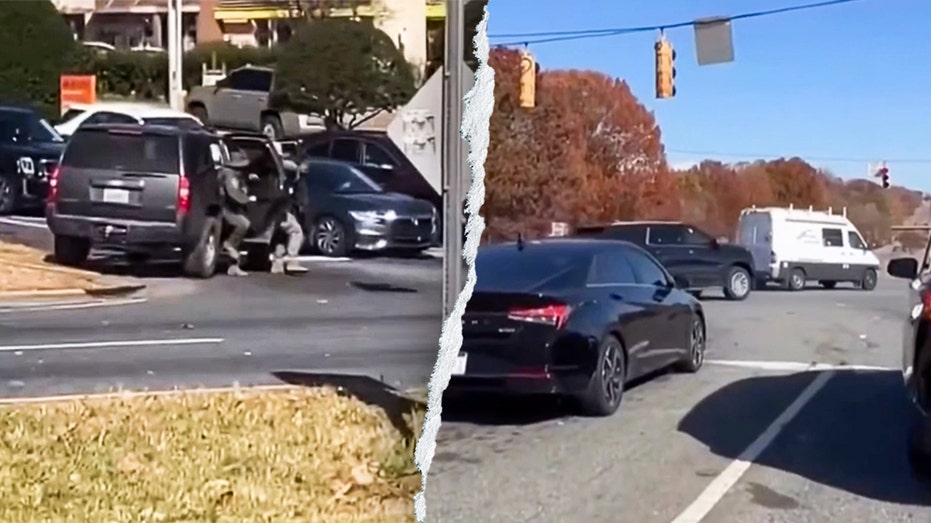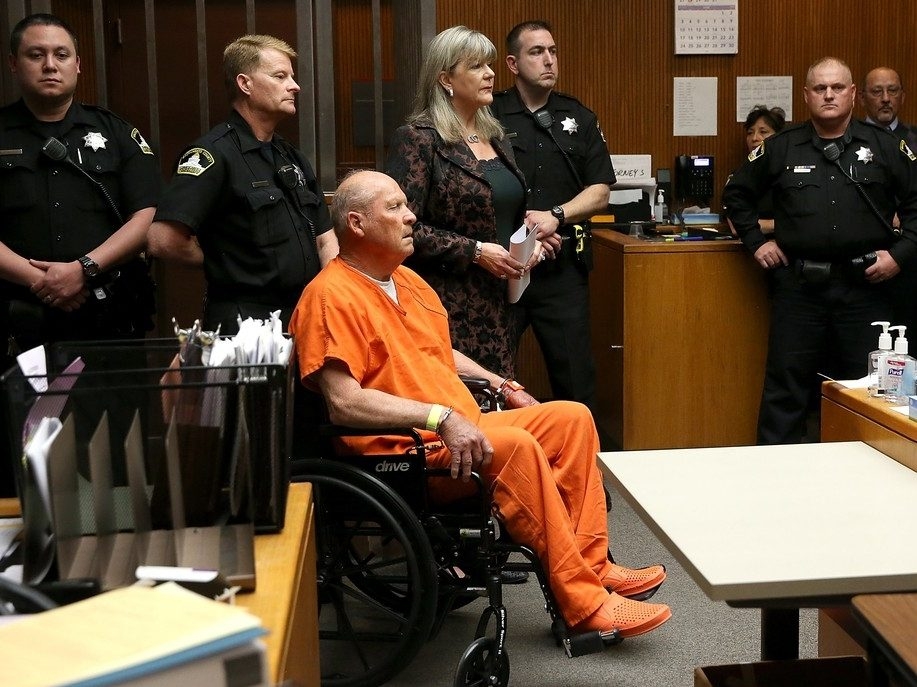For decades, a chilling darkness clung to the scenic Colonial Parkway in Virginia. A series of unsolved homicides haunted the picturesque roadway, leaving families in agonizing uncertainty and investigators grasping for answers.
Now, a name has finally been connected to one more victim in this decades-old mystery. Alan Wilmer Sr., a man whose DNA already linked him to three brutal murders from the 1980s, has been identified as responsible for the 1988 death of 19-year-old Laurie Ann Powell.
Powell vanished after a heated argument with her boyfriend, last seen walking along a lonely road in Gloucester County. Three weeks later, her body was discovered adrift in the Elizabeth River, a grim testament to a life tragically cut short. Her sister remembers a vibrant young woman, full of life and determined to forge her own path.

DNA evidence provided the crucial link, confirming Wilmer’s involvement in Powell’s murder and solidifying his connection to the 1987 killings of David Knobling and Robin Edwards, and the 1989 slaying of Teresa Howell. But for many, this revelation arrives far too late.
The frustration is palpable for families who have waited decades for closure. Bill Thomas, brother of Cathy Thomas – one of the first believed victims on the Parkway in 1986 – expressed bewilderment at the slow pace of justice. His sister and her girlfriend, Rebecca Ann Dowski, were found murdered, initiating the terrifying wave of violence that became known as the “Colonial Parkway Murders.”
A frustrating legal barrier further complicates the pursuit of justice. Virginia law currently prevents investigators from uploading Wilmer’s DNA to the FBI’s national database, as he was never convicted of a crime. This restriction hinders the potential to link him to even more unsolved cases.

Thomas is now advocating for a change in the law, arguing that protecting the rights of a deceased serial killer should not outweigh the need for answers for grieving families. He believes a broader DNA search could unlock a flood of new leads and finally bring peace to those left behind.
Between 1986 and 1989, at least ten people disappeared or were found murdered along the 35-kilometer Parkway, a route connecting historic Jamestown, Williamsburg, and Yorktown. The initial victims were discovered inside a vehicle, setting a terrifying precedent.
The Parkway’s isolated stretches, often shrouded in darkness, created an ideal hunting ground. Once a haven for couples seeking romance, it transformed into a place of fear and dread. Investigators quickly honed in on the possibility that a local fisherman might be responsible, due to nautical evidence found at one of the crime scenes.

That suspicion eventually led to Alan Wilmer Sr., nicknamed “Pokey,” a divorced fisherman who owned a vessel called the Denni Wade. He harvested clams and oysters, and was known to be an avid hunter. Disturbingly, he also had a history of confronting couples along the Parkway.
One chilling encounter involved Wilmer mistakenly believing a heterosexual couple was same-sex, and then laughing when he realized his error. This unsettling detail paints a disturbing picture of a man with a predatory nature and a disturbing fascination with the intimate lives of others.





